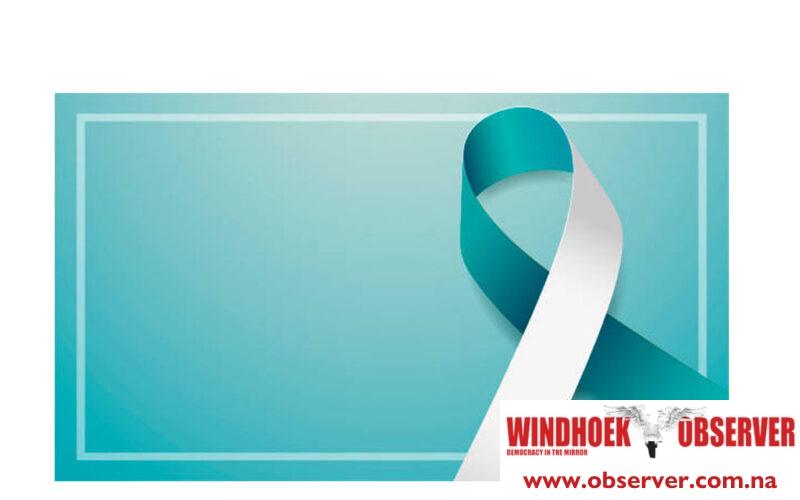Niël Terblanche
As Namibia observes Cervical Cancer Awareness Month a clear call to action has been made for all women of childbearing age to get screened for cervical cancer at the nearest health facilities.
In Namibia, cervical cancer stands as a formidable adversary against women’s health, particularly affecting those between the ages of 15 and 44.
It is the second most common form of cancer among women in this age group, presenting a significant public health challenge.
There is, however, a beacon of hope in the fight against the deadly disease – prevention through vaccination and the potential for a cure with early diagnosis.
Anna Jonas, the Health Director of the Erongo Region, recently stressed the crucial role of vaccination in combating cervical cancer.
She revealed that more than 95 percent of cervical cancer cases are attributed to the human papillomavirus (HPV), a prevalent viral infection of the reproductive tract.
She said that HPV is primarily transmitted through close skin-to-skin contact and sexual intercourse, making vaccination an essential preventative measure.
According to Jonas, health services in Namibia offer HPV vaccinations and encourage early screening for cervical cancer, targeting sexually active and very young women, starting from the age of 20.
This proactive approach aims to drastically reduce the incidence of cervical cancer in the country.
In addition to vaccination, Jonas reiterated the importance of early screening for women of childbearing age.
She said early detection of cervical cancer significantly increases the chances of successful treatment and cure.
Jonas added that women living with HIV are particularly vulnerable and urged them to undergo regular screenings, as they are six times more likely to develop cervical cancer.
The recommendation for men to undergo voluntary circumcision is part of a broader public health strategy to reduce HPV transmission aimed at further protecting women from the risk of cervical cancer.
Jonas reiterated that widespread vaccination, early detection, and public education will enable Namibia to make significant strides toward eradicating cervical cancer and will safeguard the health and well-being of women for generations to come.




